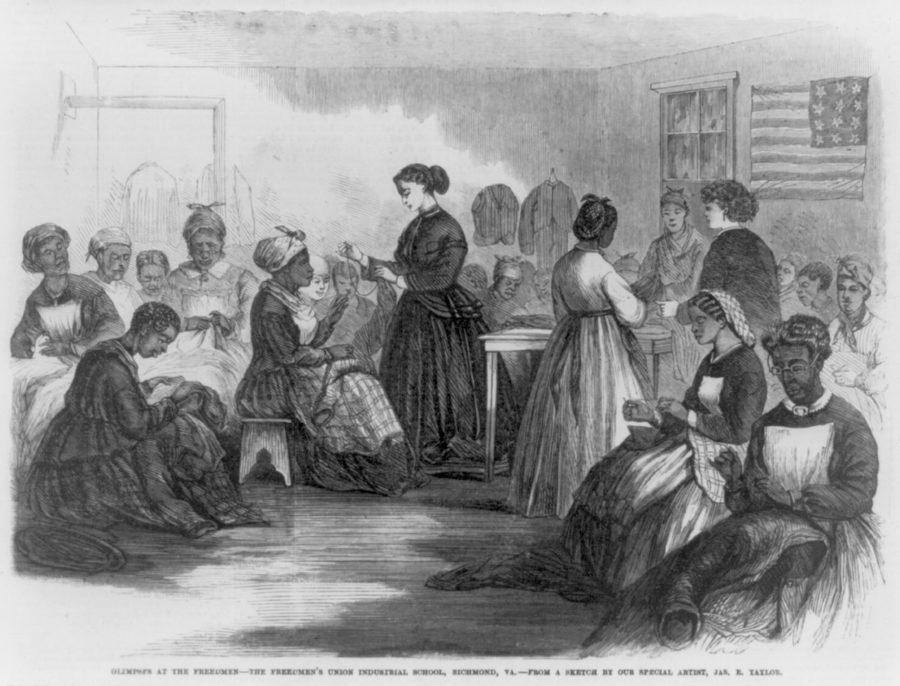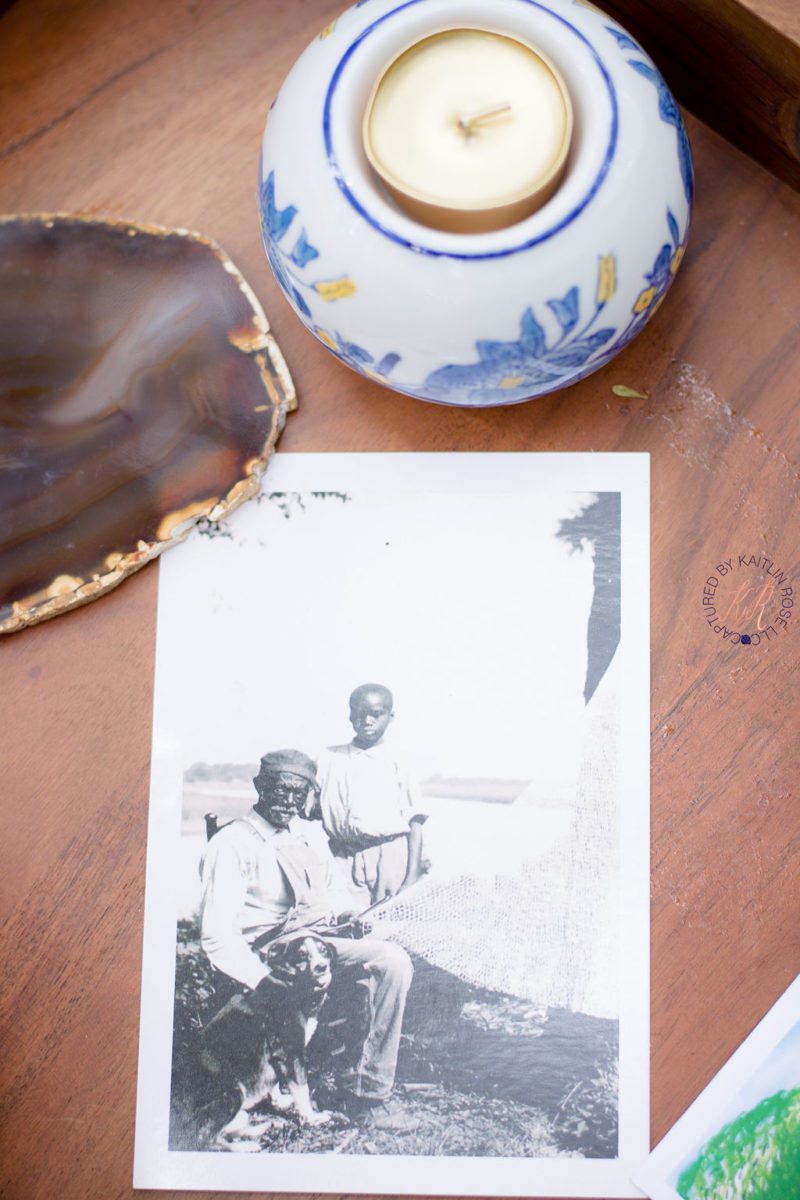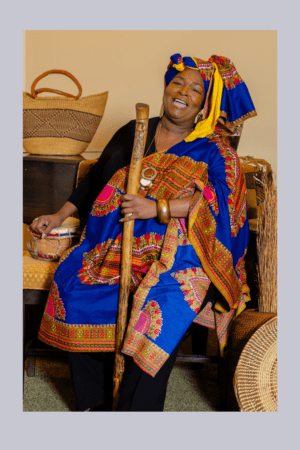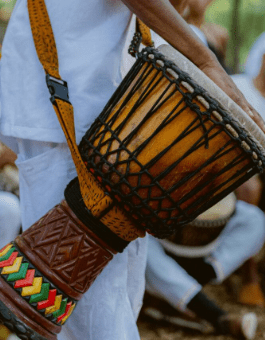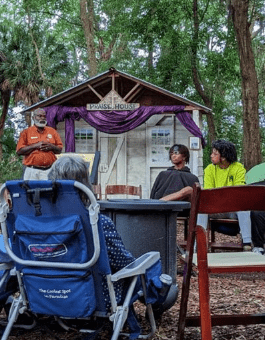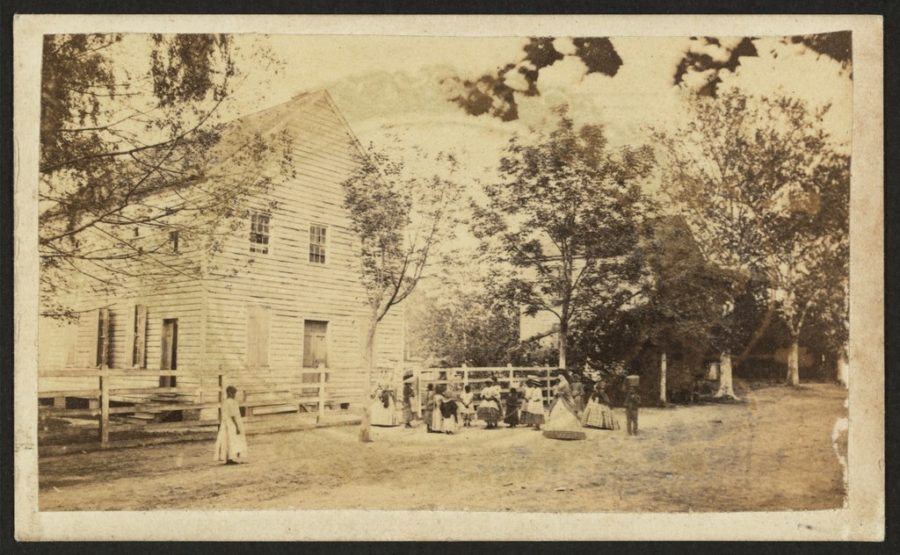

PRESS RELEASE
Finding Freedom After Civil War: The Sumter Freedmen’s School
Special Program to be presented at 11:00 a.m. on Saturday, February 1st at Andersonville National Historic Site
ANDERSONVILLE, Georgia – At the end of the Civil War, thousands of African American men, women, and children who had been enslaved since birth were suddenly thrust into a radically changed world. What challenges did newly freed people in and around Andersonville face as they carved out new lives in a post-Civil War South? How did they rebuild families broken by slavery?
Dr. Evan Kutzler, Assistant Professor of History at Georgia Southwestern State University, will explore these and other questions as he presents key findings from research on the role of African Americans at Andersonville. This free program will take place at 11:00 a.m. on Saturday, February 1st at the National Prisoner of War Museum.
Andersonville began as a site of imprisonment and slavery, but between 1865 and 1867 it became a place where African Americans negotiated the meaning of emancipation and freedom. Freedmen worked with the U.S. government to transform the burial grounds of Union prisoners who died at Andersonville into a national cemetery. At the same time, the American Missionary Association established the “Sumter School” in an abandoned Confederate hospital southwest of the prison. A place once focused on caring for Confederate soldiers would now focus on educating those freed from slavery.
For freedpeople, the school and the presence of the U.S. government became symbols of a revolution they hoped would make good on promises made during the first American Revolution and embodied in the Declaration of Independence. For hundreds of black men, women, and children, the site of a notorious prison became a symbol not of captivity but of emancipation; not of despair but of hope for a better life. For them, Andersonville became a symbol of the struggle to move from the shadows of slavery to the light of true freedom.
Dr. Kutzler is author of three books, including Living by Inches: The Smells, Sounds, Tastes, and Feeling of Captivity in Civil War Prisons (Chapel Hill: University of North Carolina Press, 2019). He is working in partnership with the University of West Georgia and the University of Alabama to research African American history at Andersonville, from slavery to the 21st century.
Andersonville National Historic Site is located 10 miles south of Oglethorpe, GA and 10 miles northeast of Americus, GA on Georgia Highway 49. The national park features the National Prisoner of War Museum, Andersonville National Cemetery and the site of the historic Civil War prison, Camp Sumter. Andersonville National Historic Site is the only site within the National Park System to serve as a memorial to all American prisoners of war. Park grounds are open from 8:00 a.m. until 5:00 p.m. The National Prisoner of War Museum is open 9:30 a.m. to 4:30 p.m., daily. Admission is free. For more information on the park, call 229 924-0343, or visit our website at www.nps.gov/ande/. Visit us on Facebook at www.facebook.com/AndersonvilleNPS, on Twitter at www.twitter.com/andeNHS, or on YouTube at https://www.youtube.com/channel/UC2IJCqxeKsKMlxDH5dfYMhA.
NPS
About the National Park Service: More than 20,000 National Park Service employees care for America’s 419 national park sites and work with communities across the nation to help preserve local history and create close-to-home recreational opportunities. Learn more at www.nps.gov Visit us on Facebook www.facebook.com/nationalparkservice, Twitter www.twitter.com/natlparkservice, and YouTube www.youtube.com/nationalparkservice.
